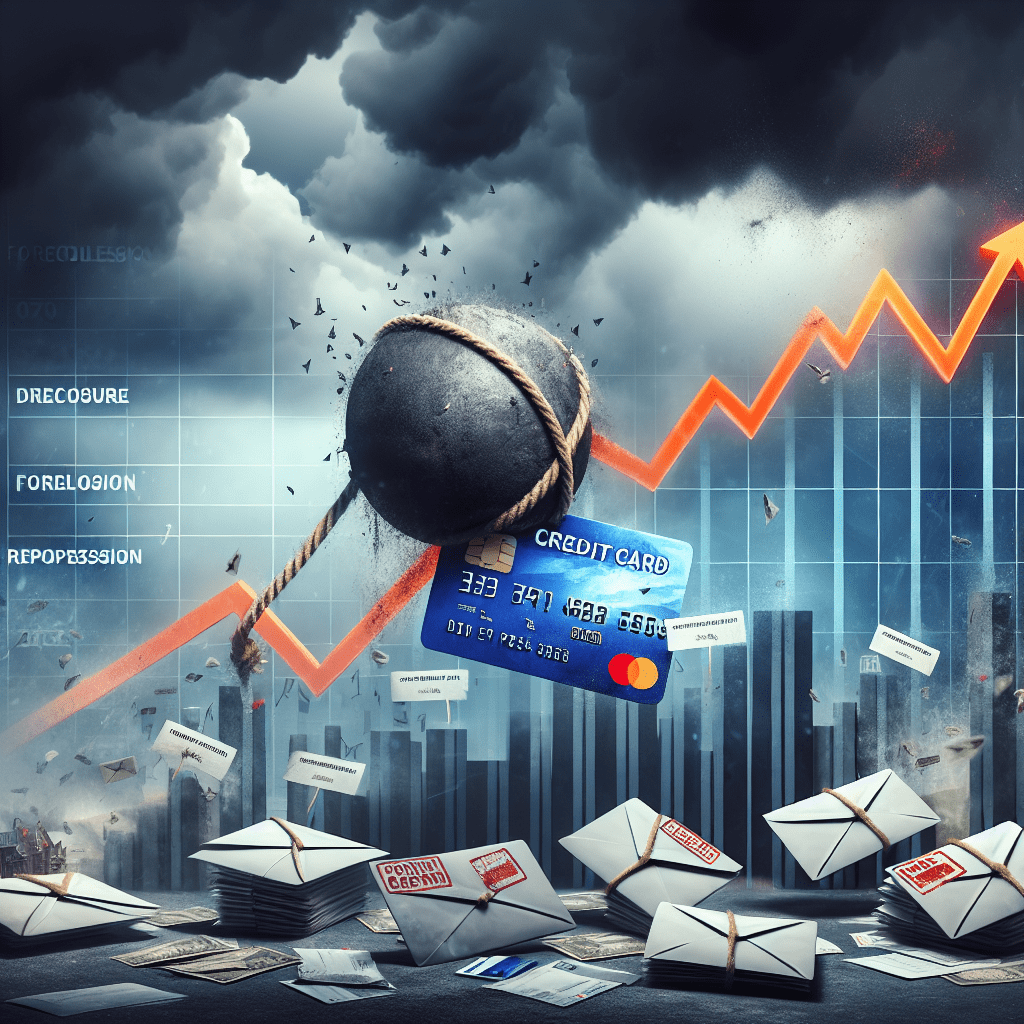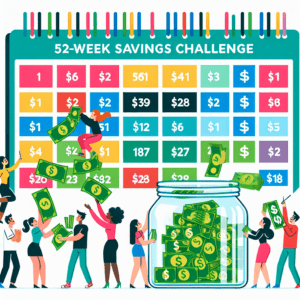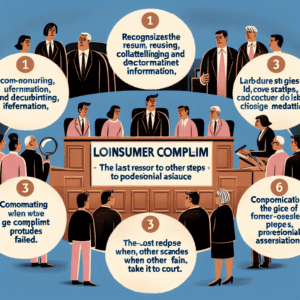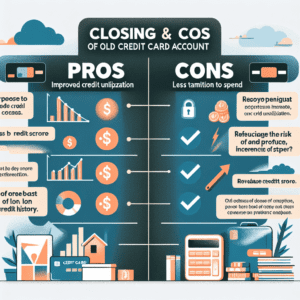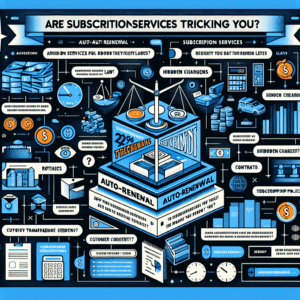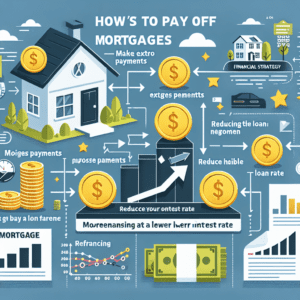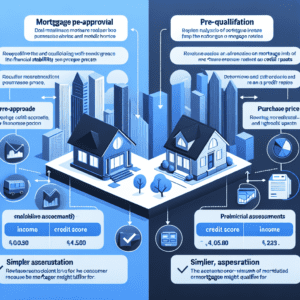“Missed Payments, Mounting Debt: The Real Consequences of Ignoring Your Credit Cards.”
Damage To Your Credit Score
When you stop making payments on your credit cards, one of the most immediate and significant consequences is the damage to your credit score. Your credit score is a crucial financial indicator that lenders use to assess your creditworthiness, and missing payments can have a lasting negative impact. Initially, a single missed payment may not seem like a major issue, but as time passes and payments continue to be neglected, the effects become more severe.
The first consequence of missing a payment is that your creditor will report the delinquency to the credit bureaus. Typically, credit card issuers report late payments once they are 30 days past due. At this point, your credit score will likely drop, and the extent of the decline depends on several factors, including your previous credit history and overall financial standing. For individuals with a high credit score, the impact can be particularly significant, as even one missed payment can result in a substantial decrease.
As the delinquency period extends to 60 or 90 days, the damage to your credit score worsens. Credit scoring models, such as FICO and VantageScore, place a strong emphasis on payment history, which accounts for a significant portion of your overall score. The longer a payment remains unpaid, the more detrimental it becomes. Additionally, creditors may impose late fees and increase your interest rate, making it even more challenging to catch up on payments.
If the account remains unpaid for 120 days or more, the creditor may charge off the debt, meaning they consider it unlikely to be repaid. A charge-off is one of the most damaging marks on a credit report and can cause a significant drop in your score. At this stage, the creditor may also sell the debt to a collection agency, which introduces another negative entry on your credit report. Having an account in collections further reduces your credit score and signals to future lenders that you have struggled to manage your financial obligations.
Beyond the immediate impact on your credit score, the long-term consequences can be equally concerning. Negative marks such as late payments, charge-offs, and collections can remain on your credit report for up to seven years. This prolonged period of damage can make it difficult to obtain new credit, secure favorable interest rates, or even qualify for certain financial opportunities such as mortgages or auto loans. Lenders view a history of missed payments as a red flag, making them less likely to extend credit or offer favorable terms.
Moreover, a lower credit score can affect more than just borrowing opportunities. Many landlords check credit reports when evaluating rental applications, meaning a poor credit history could make it harder to secure housing. Additionally, some employers review credit reports as part of the hiring process, particularly for positions that involve financial responsibility. A damaged credit score could therefore impact not only your financial future but also your career prospects.
Ultimately, failing to pay your credit cards can lead to a cycle of financial hardship that extends far beyond the initial missed payment. The best course of action is to communicate with your creditor if you are facing financial difficulties. Many lenders offer hardship programs or alternative payment arrangements that can help you avoid severe damage to your credit score. Taking proactive steps to address financial challenges can prevent long-term consequences and help you maintain a healthier financial future.
Legal Actions And Debt Collection

When individuals stop making payments on their credit cards, the consequences can be severe, particularly when it comes to legal actions and debt collection efforts. Initially, creditors will attempt to recover the outstanding balance through internal collection efforts, such as sending reminders and making phone calls. However, if payments continue to be missed, the situation can escalate, leading to more aggressive collection tactics and potential legal consequences.
As soon as a payment is missed, the credit card issuer may impose late fees and increase the interest rate, making the debt even more difficult to manage. After several missed payments, typically around 90 to 180 days, the account is considered delinquent and may be charged off. A charge-off does not mean the debt is forgiven; rather, it signifies that the creditor has deemed the account uncollectible and has likely sold it to a third-party debt collection agency. At this stage, collection efforts become more persistent, with debt collectors contacting the debtor through phone calls, letters, and even emails in an attempt to recover the outstanding balance.
If the debt remains unpaid, creditors or collection agencies may take legal action to recover the money owed. This often begins with a formal demand letter, notifying the debtor of the outstanding balance and warning of potential legal consequences. If the debtor does not respond or make arrangements to settle the debt, the creditor may file a lawsuit. Receiving a court summons can be a stressful experience, as it requires the debtor to respond within a specified timeframe. Ignoring the summons can result in a default judgment in favor of the creditor, which grants them the legal right to pursue further collection actions.
Once a creditor obtains a judgment, they have several options to enforce it. One common method is wage garnishment, where a portion of the debtor’s paycheck is withheld and sent directly to the creditor until the debt is satisfied. The specific amount that can be garnished depends on state laws, but this action can significantly impact the debtor’s financial stability. Additionally, creditors may seek to levy bank accounts, freezing funds and withdrawing money to cover the outstanding balance. In some cases, they may also place a lien on the debtor’s property, which can complicate future financial transactions, such as selling or refinancing a home.
Beyond the immediate financial strain, legal actions and aggressive debt collection efforts can have long-term consequences. A court judgment remains on a debtor’s credit report for several years, making it more difficult to obtain new credit, secure loans, or even rent an apartment. Furthermore, dealing with lawsuits and collection agencies can be emotionally distressing, adding stress and anxiety to an already challenging financial situation.
To avoid these severe consequences, individuals struggling with credit card debt should consider proactive solutions. Communicating with creditors early on may lead to alternative repayment plans or hardship programs that can prevent legal action. Seeking assistance from a credit counselor or financial advisor can also provide guidance on managing debt effectively. Ultimately, taking action before the situation escalates can help prevent the legal and financial repercussions associated with unpaid credit card debt.
Increased Financial Stress And Limited Borrowing Options
Failing to make credit card payments can lead to significant financial stress and severely limit future borrowing options. When a payment is missed, the credit card issuer typically imposes a late fee, which increases the total amount owed. If payments continue to be missed, interest charges accumulate, making it even more difficult to catch up. Over time, this growing debt can create a financial burden that becomes increasingly challenging to manage. The stress of mounting debt can affect not only financial stability but also overall well-being, as individuals may struggle to meet other financial obligations while trying to address overdue credit card payments.
As missed payments continue to accumulate, credit scores begin to decline. Credit card issuers report late payments to credit bureaus, and even a single missed payment can negatively impact a credit score. A lower credit score makes it more difficult to qualify for loans, mortgages, or even new credit cards in the future. Additionally, lenders may view individuals with a history of missed payments as high-risk borrowers, leading to higher interest rates on any future credit they may be able to obtain. This can make borrowing more expensive and further limit financial flexibility.
Beyond the immediate impact on credit scores, continued non-payment can result in more severe consequences. After a certain period, typically around 180 days of non-payment, the credit card issuer may charge off the debt, meaning they consider it unlikely to be repaid. A charge-off is a serious negative mark on a credit report and can remain there for up to seven years. At this stage, the debt may be sold to a collection agency, which can lead to persistent collection efforts, including phone calls and letters demanding payment. The stress of dealing with collection agencies can be overwhelming, and in some cases, legal action may be taken to recover the debt.
If a creditor or collection agency decides to pursue legal action, the consequences can become even more severe. A lawsuit may result in a court judgment, which could lead to wage garnishment or bank account levies, depending on state laws. This means that a portion of an individual’s income could be taken directly from their paycheck or bank account to satisfy the debt. Such legal actions can further strain financial resources and make it even more difficult to recover from financial hardship.
In addition to legal and financial consequences, the inability to borrow money can have long-term effects on financial opportunities. A poor credit history can make it difficult to rent an apartment, as many landlords check credit reports before approving tenants. It can also impact employment opportunities, as some employers review credit histories as part of the hiring process, particularly for positions that involve financial responsibilities. Furthermore, obtaining essential services such as utilities or cell phone plans may require larger security deposits due to a low credit score.
Ultimately, stopping credit card payments can lead to a cycle of financial hardship that is difficult to escape. The combination of increased debt, damaged credit, potential legal action, and limited borrowing options can create long-term financial instability. To avoid these consequences, individuals facing financial difficulties should consider reaching out to their credit card issuers to discuss alternative payment arrangements or seek assistance from a financial counselor. Taking proactive steps can help mitigate the negative effects and provide a path toward financial recovery.

